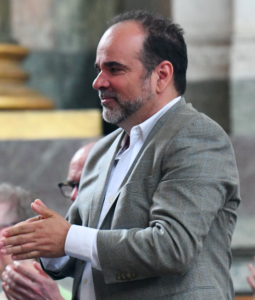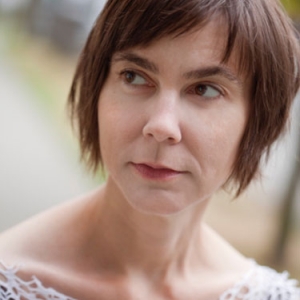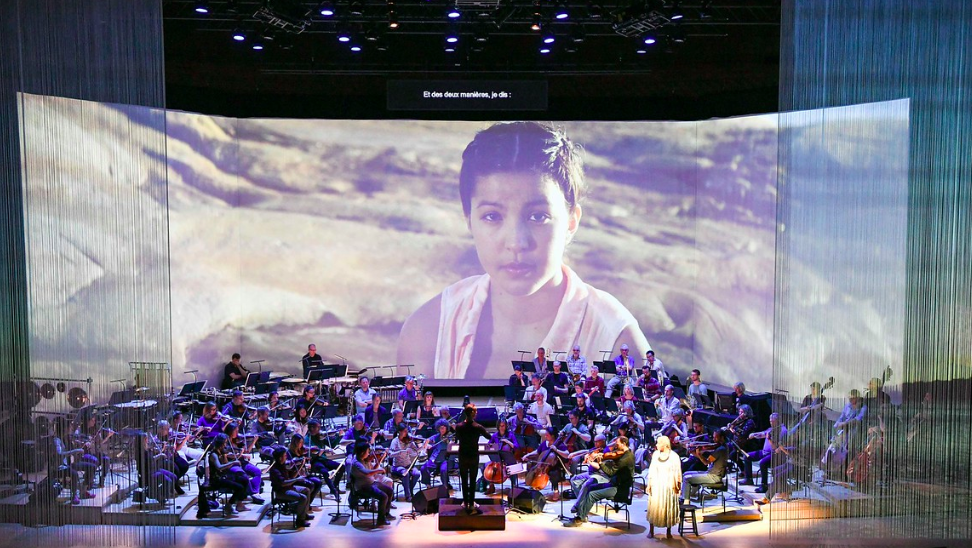GOTHENBURG, Sweden — The journey of a piece of new music usually is a short one. The piece gets its world premiere and usually a second run through and then ends up on the shelf. It’s a rarity that gets played again.
Life Reflected, the NAC Orchestra’s signature new work, got its second performance in Europe on this tour. But without Sten Cranner, neither show would have happened.
The general manager and artistic director of the Gothenburg Concert Hall and Symphony Orchestra had been thinking about starting a new music festival when he happened to be talking to NACO’s music director Alexander Shelley on the train to Stockholm. Shelley, who had been working in Gothenburg, told Cranner about the idea for Life Reflected.

Sten Cranner. Courtesy Gothenburg Symphony Orchestra
Immediately, Cranner told ARTSFILE, he was intrigued.
“It was the storytelling first of all. I am very curious about that and very focussed on finding productions that tell a story or find ways to tell a story through a concert.
“Life Reflected has four strong, substantial, important female stories. It is so different. The orchestra is connecting that with new music by Canadian composers and working with other media and arts disciplines to reinforce the whole experience.”
Cranner was so intrigued that he hopped on a plane and headed to Ottawa to see the world premiere of all four parts of Life Reflected.
“Roberta Bondar was sitting in front of me in Southam Hall. I was overwhelmed by the performance.”
He started talking with Christopher Deacon, the current NAC CEO, then the general manager of the orchestra.
“We decided to try to find a way to make it work” and about a year ago it was locked in.

John Estacio. Photo: Fred Cattroll
Why make it work? Because, “I haven’t seen anything like this before. This is the kind of production that orchestras want to do. Orchestras I admire, that I look to, want to do productions like this, but they never completely succeed.”
The performance will close the first Point Music Festival of new music in Gothenburg. The other nine performances in the festival also tell a story through music.
But this isn’t the only new life for Life Reflected.
For John Estacio, who wrote the music for I Lost My Talk featuring a poem of the same name by the Mi’kmaw poet laureate Rita Joe, this piece was akin to writing a ballet score.
“I just wrote a 20-minute piece that I thought was going to be effective having already written a ballet.”
He broke the 15-line poem down into four “acts” with works spoken by the actor Monique Mojica.
“When I was writing the music, the Truth and Reconciliation Commission was happening. There were so many stories coming out. It was shocking.”
Add to that the story of what had happened to Rita Joe in residential school. The result is a powerful and emotional piece that Estacio says he is “still pleased with. It works on its own.”
He will find out if it really works on its own soon because the Edmonton Symphony will soon be playing the music and narration without the film.
Interestingly, it “has also been adapted for a wind ensemble by an Atlantic Canadian named Mark Hopkins who intends to tour with this version and the narrative.
“It is finding a life of its own which I think is pretty cool. People don’t expect to experience truth and reconciliation issues when they go to a concert,” Estacio said.

Jocelyn Morlock
“For me above all what is important is that if people are aware of what has transpired they might pay more attention to the issues. Many people are still oblivious to what has happened to Indigenous peoples.”
Some of Estacio’s music has made it to Europe before but to have a 20 minute long substantial work in Sweden is, he said, “kind of unusual.”
For Jocelyn Morlock, her work My Name Is Amanda Todd, is now being played regularly by orchestras in both Canada and the United States. The JUNO she won for it has no doubt helped a little bit as does the fact of Amanda Todd’s powerful story, she said in an interview after the performance in Gothenburg Sunday evening.
“This one has a lot of performances lined up now in Canada and some in the United States. Recently Regina has done it and Thunder Bay too. This one seems to be developing a healthy life of its own.”
One ensemble that has played it is the Okanagan Symphony Youth Orchestra.
“It is a piece that is meaningful to them and their generation.”
These performances are being done without the video that accompanies a NACO performance.
It is different without the video, Morlock says, “but it’s OK.” But, she added, the context of Amanda’s story needs to be there for the performance.
She has adapted the score for the performance by the Thunder Bay orchestra to compensate for the size of the ensemble. But, Morlock, who does keep working on her music, has generally left this piece alone.
At the beginning, Morlock said in an interview, she was nervous about approaching the story.
“I didn’t want it to only be sad. This piece is not just a requiem. There is a lot of good” that came out of Amanda’s life.
When Amanda made her video something positive followed. Laws were changed. Her abuser was arrested and charged and jailed. And Carol Todd’s foundation, named after Amanda, is doing good work on the issue of cyber-abuse and bullying around the world.
“It is easier to think about the music now because … it does get across the message that I wanted to be heard.”
It certainly was heard along with all of Life Reflected Sunday evening in Gothenburg. NACO’s 50th anniversary tour ended before a large Swedish crowd who had listened to four universal stories about four Canadian women. And they stood and applauded.







